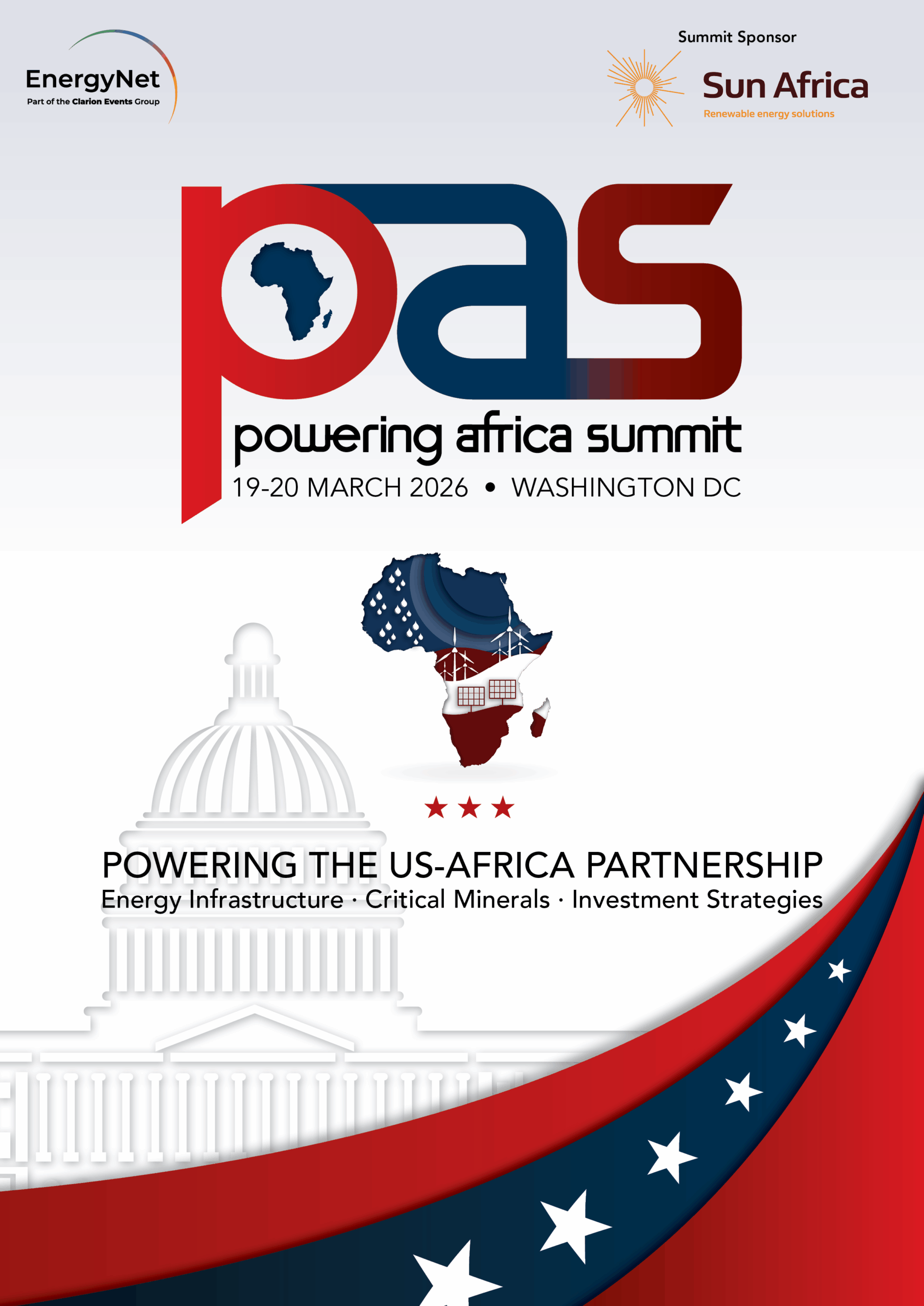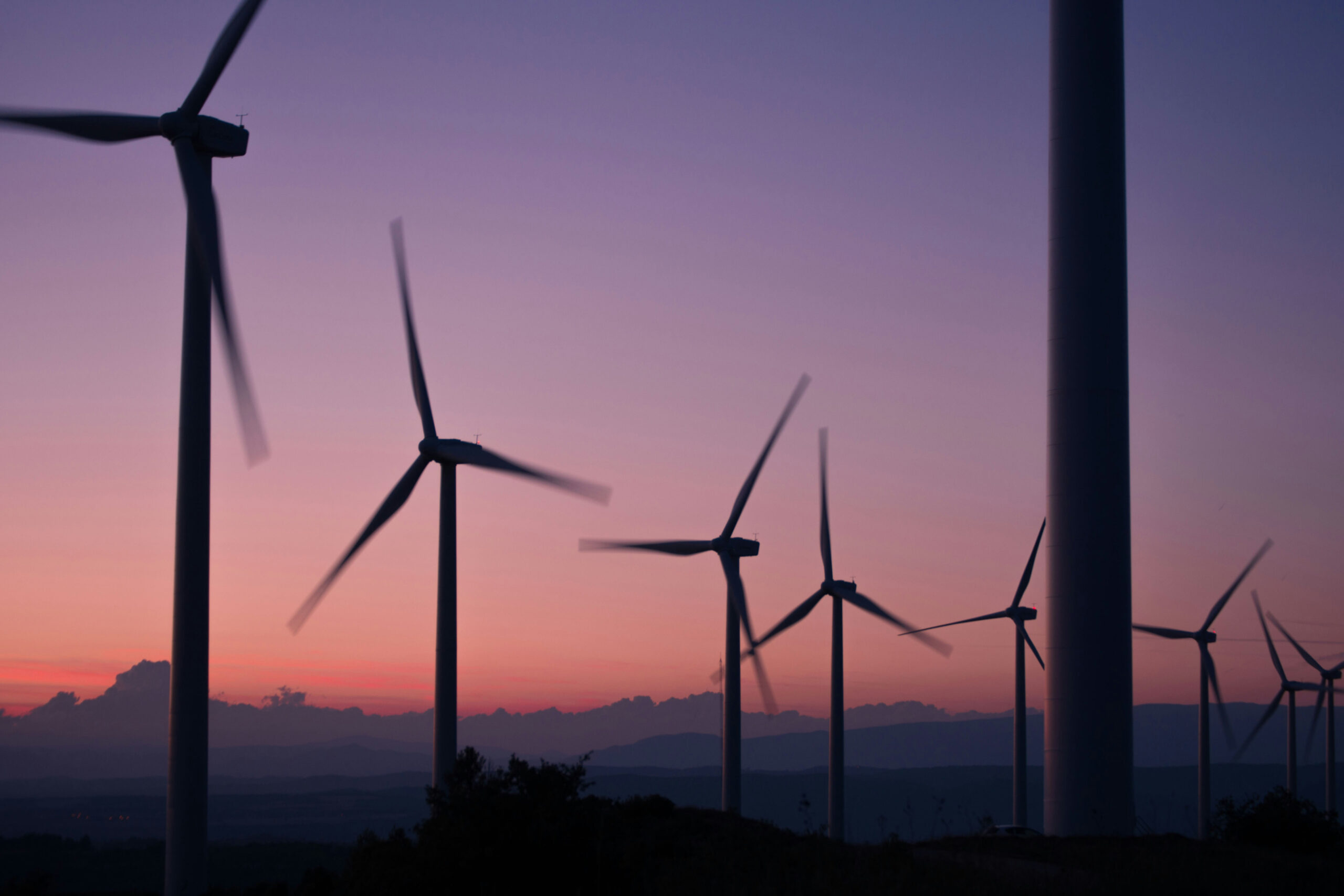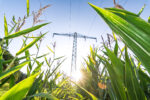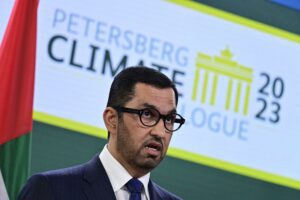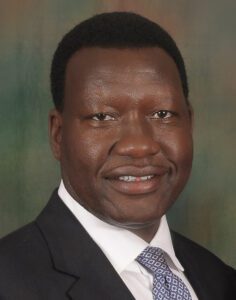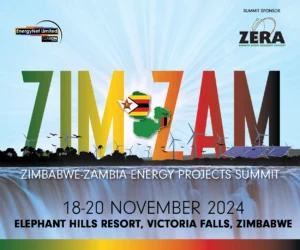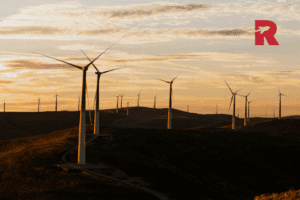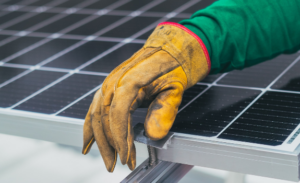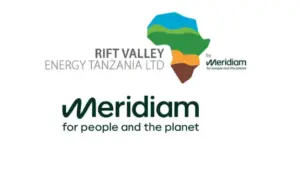
The Role of Renewables: Setting an Example to the World
It’s time to harness the world’s leading array of renewable natural energy resources to meet growing demands
Insufficient infrastructure, limited access to financing and regulatory barriers are just three obstacles that need to be addressed as part of Africa’s targeted energy transition. However, if these elements are overcome, the potential of the continent’s renewable resources can convert a sizable challenge into a world-leading opportunity.
Africa's energy sector has undergone significant changes and progress in recent years, regardless of the hurdles still to overcome. Much of the continent possesses vast renewable resources across solar, wind, hydro and geothermal, and there has been a greater emphasis on harnessing these resources for power generation. This shift towards renewables is driven by several factors, including diversifying energy sources, reducing reliance on fossil fuels, and mitigating climate change.
Sun Africa has placed itself at the centre of this progress, ensuring the best vantage point possible to assess progress made, and improvements still needed.
“In recent years, there has been a notable increase in renewable energy investments and installations across Africa,” notes Adam Cortese, Sun Africa’s CEO. “Several African countries have set ambitious renewable energy targets and implemented supportive policies and regulatory frameworks to attract investments. The declining costs of renewable technologies, particularly solar and wind, have also made these options more economically viable.
“Furthermore, there has been progress in promoting off-grid and decentralised renewable energy solutions, such as mini-grids and standalone solar systems. These solutions are vital for reaching remote communities that are not connected to the main grid. They can provide clean, reliable, and affordable electricity, improving livelihoods, powering productive activities, and supporting social services like healthcare and education.”
Cortese notes that it’s now essential to strengthen institutional capacity, to encourage novel forms of private sector participation, to promote technology transfer and knowledge sharing, and to ultimately accelerate the deployment of renewable energy solutions.
He confirms: “Africa's energy sector is witnessing a transformative shift towards renewable energy. The continent has made progress in leveraging its abundant renewable resources to expand access to electricity, improve energy security and mitigate climate change. However, there is still a long way to go, and concerted efforts are needed to overcome the remaining challenges and unlock the full potential of renewable energy in Africa.”
A novel approach
Sun Africa knows first-hand how much of a gamechanger renewables could be, having built its proposition around delivering competitive, sustainable renewable energy solutions that enrich quality of life, the environment, and industry markets. With tens of billions of dollars of projects under development, the company is at the centre of Africa’s push to meet growing energy needs, sustainably.
Cortese further introduces: “Sun Africa partners with governments in emerging markets and developing economies that are looking to diversify their energy mix and take advantage of the many benefits of renewable energy. Our innovative, holistic approach brings all project needs under one umbrella, leading to considerable time, cost, and logistical savings.
“In addition, our clean energy projects positively impact local communities, bringing not just electricity but social, economic, and infrastructure improvements. Whether we’re installing a utility-scale solar plant or a series of mini-grids, we take care to become part of each community we serve by working with local labour and officials to create a deeper understanding of their needs.”
Sun Africa’s novel approach to solar and battery storage development won the TXF Deal of the Year award in 2021 for a project which included sub-Saharan Africa’s largest single solar PV site. Further, its recent $2 billion utility-scale, mini-grid and water project in Angola has been included as a flagship project under the Biden Administration’s Partnership for Global Infrastructure and Investment.
“This transformational project aims to provide utility-scale installations as well as rural electrification and water projects to provide foundational infrastructure for the expansion of economic activity in Angola’s Southern Provinces,” Cortese notes.
Focal points
So, where does Cortese and Sun Africa believe improvements can be made moving forward, to make the most of Africa’s renewables potential?
“The focus should be on a combination of factors to further enhance Africa's energy sector and achieve universal access,” he answers. “We can start with governance as a crucial facilitator of an enabling environment for energy sector development. Governments should prioritise the development of clear and consistent policies, regulations, and institutional frameworks that support renewable energy deployment. This includes streamlining permitting processes and looking at ways to close the energy gap outside the current IPP structure.”
The next focal point revolves around innovation, embracing elements of R&D, the promotion of tech advancements, and through supporting local innovation ecosystems for more bespoke solutions in the African context.
Collaboration at both international and continental level, as well as between private and public sectors is also encouraged to grow the ecosystem of technology knowledge, financial support and industry expertise. As is a more general strengthening of energy infrastructure, including grid expansions and upgrades. ‘Infrastructure’ in this context also includes capacity building, skills development and improved engagement with local communities to spark more active participation in future planning.
“Adequate financing and investment are also critical for scaling-up energy access, and this needs to be driven by governments creating a more attractive investment climate,” Cortese adds. “But of course, a key priority for us is the role of renewables.
“Renewables should play a central role in Africa's energy transition, for sure. Governments and energy stakeholders should prioritise developing and deploying renewable energy technologies to diversify the energy mix and reduce dependency on fossil fuels. This requires continued investments in renewable energy projects, fostering local manufacturing capabilities, and implementing supportive policies that incentivise renewable energy development.”
A sustainable and equitable future
Africa’s future will inevitably depend on collaboration across countries and continents, but the end goal should be one that prioritises energy security and self-sufficiency. This isn’t an insular ambition, however. Rather, being strong on the continent with such abundant natural resources to hand, will propel Africa to become a pioneer, thought leader and exemplar for the rest of the world to follow suit.
Cortese says: “Africa has vast renewable energy resources that can be harnessed to meet its growing energy demands. By prioritising the development of these resources, African countries can reduce their reliance on imported fossil fuels, enhance energy security, and become more self-sufficient in meeting their energy needs. This shift towards renewable energy will also reduce greenhouse gas emissions and mitigate climate change.
“This initial ‘Africa for Africa’ approach signifies the potential for the energy sector to drive economic growth and create employment opportunities across the continent. The development of renewable energy projects, such as solar, mini-grids, and energy storage systems, can stimulate local industries, attract investments, and generate jobs across the value chain, from manufacturing and construction to operations and maintenance.”
The ‘Africa for Africa’ approach also recognises how important universal access is. It reminds decision makers of the importance of uplifting those in rural and marginalised communities as part of an inclusive approach that could be repeated in many other underserved regions of the world. Leveraging renewable energy solutions in tandem with off-grid and mini-grid systems is a natural strategy to achieve this.
“While Africa aims to address its energy needs, collaboration with, and inspiration of, the international community is crucial,” Cortese concludes. “Partnerships with international organisations, development finance institutions, and private sector entities can bring in expertise, financial resources and technology transfer to support Africa's energy transition. These collaborations can also foster learning and best practice exchange, enabling African countries to benefit from global energy experiences while contributing their own knowledge and solutions.
“By embracing renewable energy, fostering innovation, promoting inclusivity, and engaging in collaborative partnerships, Africa can play a pivotal role in shaping a sustainable and equitable energy future, for both the continent and the world.”




